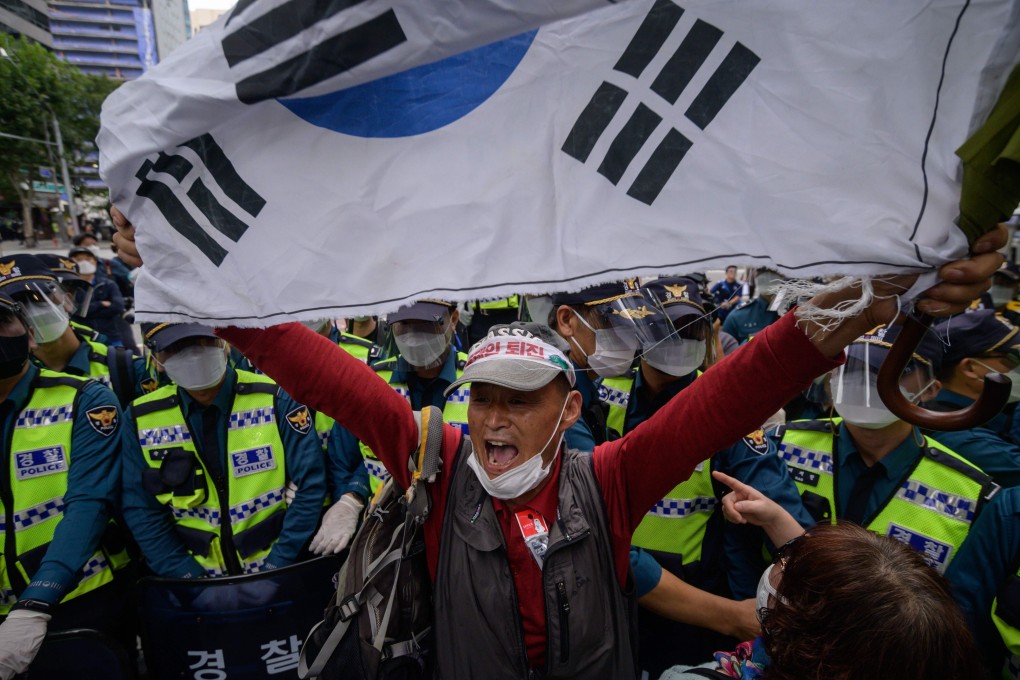Editorial | The ‘han’ in us all
- There’s a uniquely Korean word – not to be confused with the Chinese word Han – for rage and regret that I find liberating and illuminating, and considerably expands my moral horizons

Germans have a very useful word for an unseemly but almost universal human characteristic, Schadenfreude, which means enjoying other people’s pain or suffering. Koreans, I learned last week, have a word for the thirst for revenge, han, which, supposedly, only the native Koreans feel when they experience the full depths of rage and which, some argue, is untranslatable into other languages.
As Suh Nam-dong, a Korean Christian minjung theologian, explains the meanings of han: “A feeling of unresolved resentment against injustices suffered, a sense of helplessness because of the overwhelming odds against one, a feeling of acute pain in one’s guts and bowels, making the whole body writhe and squirm, and an obstinate urge to take revenge and to right the wrong – all these combined.”
Here’s how Canadian-Korean writer Eunice Kim describes it: “Han is a potent form of Korean rage – a type of anger so severe and all-consuming that some believe you can die from it.
“When I dug a little deeper, I was surprised to discover that han is not just a word, but an inherent part of being Korean. Some say it runs in our blood and is embedded in our DNA.”
